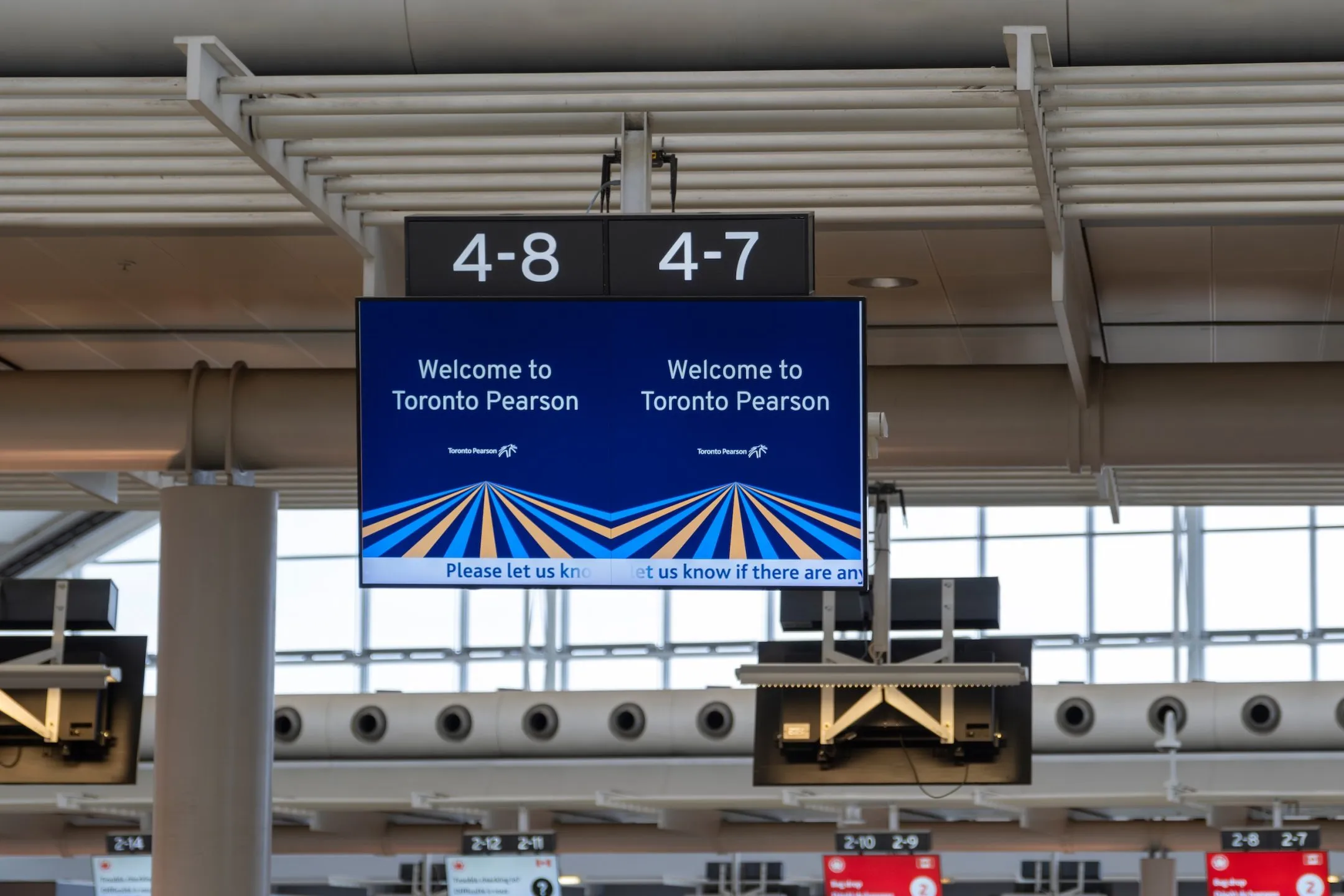When navigating the complexities of Canadian immigration, procedural fairness plays a crucial role in ensuring that all applicants are treated fairly and given the opportunity to present their case. As an employment and immigration law firm, we often encounter situations where procedural fairness becomes a pivotal factor in our clients’ immigration journeys. In this blog, we’ll provide information on the concept of procedural fairness, with a particular focus on Procedural Fairness Letters (“PFL”s) issued by Immigration, Refugees, and Citizenship Canada (“IRCC”).
What is Procedural Fairness?
Procedural fairness, also known as natural justice, is a fundamental principle in Canadian administrative law. In the context of immigration, it ensures that decisions affecting an individual’s rights, interests, or privileges are made using a fair and open process. The concept is rooted in the idea that individuals should have the opportunity to be heard before a decision is made that could adversely affect them.
In immigration proceedings, procedural fairness typically involves:
- The right to know the case against you
- The right to respond to that case
- The right to an unbiased decision-maker
The Importance of Procedural Fairness in Immigration
Immigration decisions can have life-changing consequences for applicants. Whether it’s a work permit, study permit, permanent residency, or citizenship application, the outcome can significantly impact an individual’s future. Given these high stakes, it’s crucial that the decision-making process is fair and transparent and allows applicants to address any concerns or issues that may arise during the assessment of their application.
Procedural Fairness Letters (PFLs)
One of the key tools IRCC uses to uphold procedural fairness is the Procedural Fairness Letter (PFL). A PFL is a formal communication from IRCC to an applicant when there are concerns or issues with an application that could lead to a refusal.
Purpose of a PFL
The primary purpose of a PFL is to:
- Inform the applicant of specific concerns IRCC has with their application
- Provide the applicant with an opportunity to address these concerns
- Allow the applicant to submit additional information or documentation to support their case
Common Reasons for Issuing a PFL
IRCC may issue a PFL for various reasons, including:
- Concerns about the genuineness of a relationship in spousal sponsorship applications
- Questions about an applicant’s work experience or educational qualifications
- Suspicions of misrepresentation of identity or fraud
- Medical inadmissibility concerns
- Criminal inadmissibility issues
- Doubts about an applicant’s intention to leave Canada after a temporary stay
Contents of a PFL
A typical PFL will include:
- A clear statement of the concerns or issues identified by IRCC
- An explanation of why these concerns is relevant to the application
- A request for specific information or documentation to address the concerns
- A deadline for responding to the letter
Responding to a Procedural Fairness Letter
Receiving a PFL can be stressful, but it’s important to remember that this is an opportunity to address IRCC’s concerns and potentially save your application from refusal. Here are some key steps to take when responding to a PFL:
- Read the letter carefully. Ensure you understand all the concerns raised and the specific information or documents requested.
- Respond promptly: PFLs usually have a deadline, often a minimum of 7 days and a maximum of 30 days from the date of the letter. It’s crucial to respond within this timeframe.
- Be thorough: Address each concern raised in the letter comprehensively. Provide detailed explanations and supporting evidence where possible.
- Be honest: Never provide false information or documents. Misrepresentation can lead to serious consequences, including a ban from entering Canada.
- Consult a professional: Given the complexity of immigration law and the high stakes involved, it’s often advisable to consult with an workplace immigration lawyer when responding to a PFL.
The Role of Immigration Lawyers in Procedural Fairness
As immigration lawyers, we play a crucial role in ensuring procedural fairness for our clients. We can assist with:
- Interpreting PFLs: We help clients understand the specific concerns raised by IRCC and what they mean in the context of their application.
- Gathering evidence: We assist in collecting and organizing the necessary documentation and information to address IRCC’s concerns effectively.
- Crafting responses: We prepare comprehensive, well-structured responses that address each point raised in the PFL.
- Representing client concerns: In some cases, we may communicate directly with IRCC on behalf of our clients to clarify issues or provide additional information.
- Ensuring timely submissions: We help ensure that responses are submitted within the given deadline, requesting extensions if necessary and justified.
The Importance of Proper Documentation
One of the most common reasons for receiving a PFL is insufficient or unclear documentation and/or information. As such, submitting well-organized, complete, and accurate documentation with your initial application is crucial. This includes:
- Ensuring all Immigration forms are filled out correctly
- Providing certified translations for any documents not in English or French
- Including detailed explanations for any unusual circumstances or gaps in your history
- Submitting up-to-date and relevant supporting documents
Consequences of Failing to Respond to a PFL
Ignoring a PFL or providing an inadequate response can have serious consequences. IRCC may:
- Refuse your application based on the information they have
- Make a negative decision without considering additional information you could have provided
- In cases of suspected misrepresentation, impose a five-year ban on entering Canada
Procedural Fairness Beyond PFLs
Takeaway
Procedural fairness is a cornerstone of Canada’s immigration system, ensuring that all applicants have a fair chance to present their case. Procedural Fairness Letters are a key tool in this process, allowing applicants to address IRCC’s concerns before a final decision is made.
As an employment and immigration law firm, we stress the importance of taking PFLs seriously and responding comprehensively and promptly. While receiving a PFL can be overwhelming, it’s important to remember that it’s not a refusal but rather an opportunity to strengthen your application. Whether preparing an initial application or responding to a PFL, professional legal assistance can be invaluable in navigating the complexities of Canadian immigration law and ensuring that your rights to procedural fairness are upheld throughout the process. We encourage you to contact Sultan Lawyers online or by telephone at 416-214-5111 today.
Your Case: Our Priority.
At Sultan Lawyers PC, we are the only firm specializing exclusively in employment and immigration law. Whether your case is straightforward or complex, we have the experience and commitment to achieve the best possible outcome. Trust us to navigate the toughest challenges with you.



